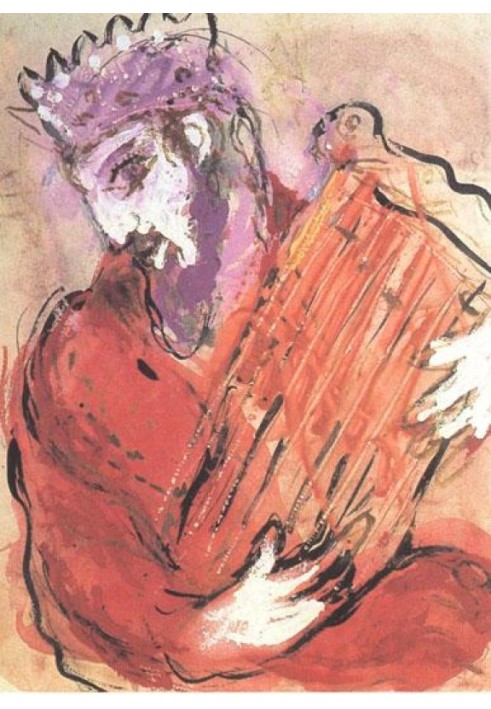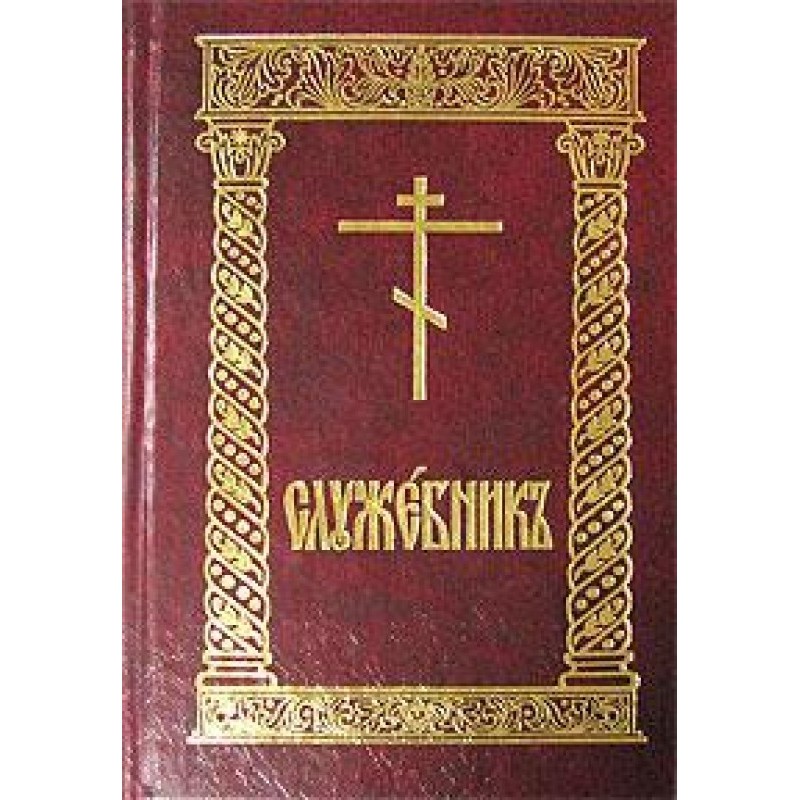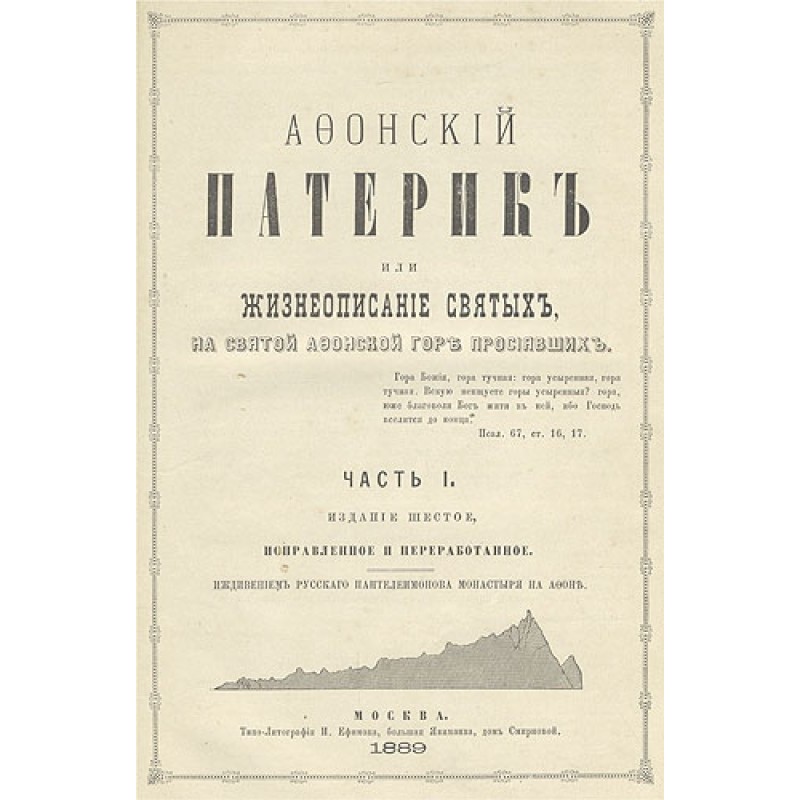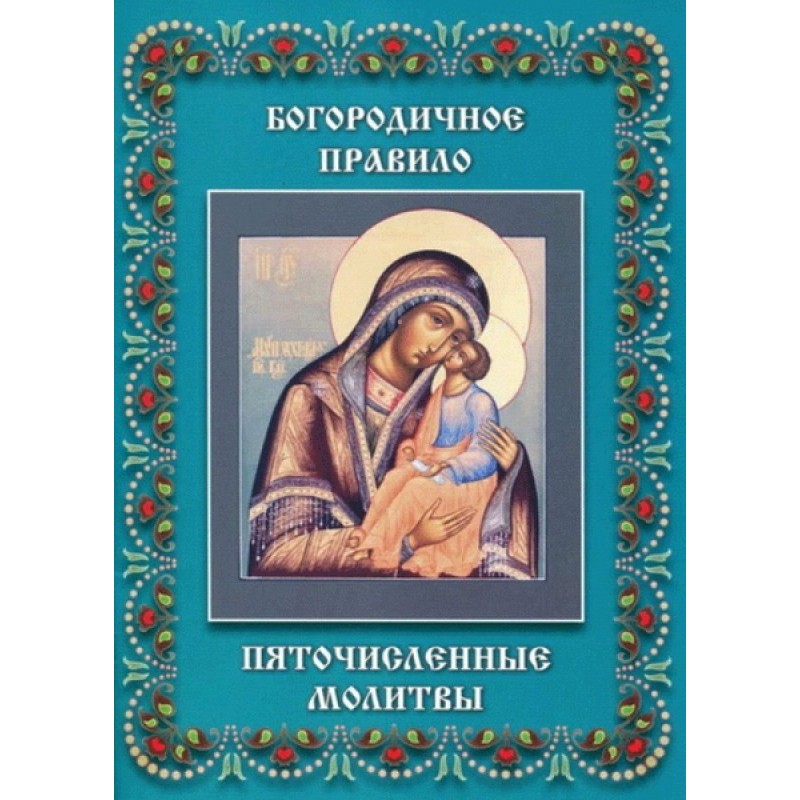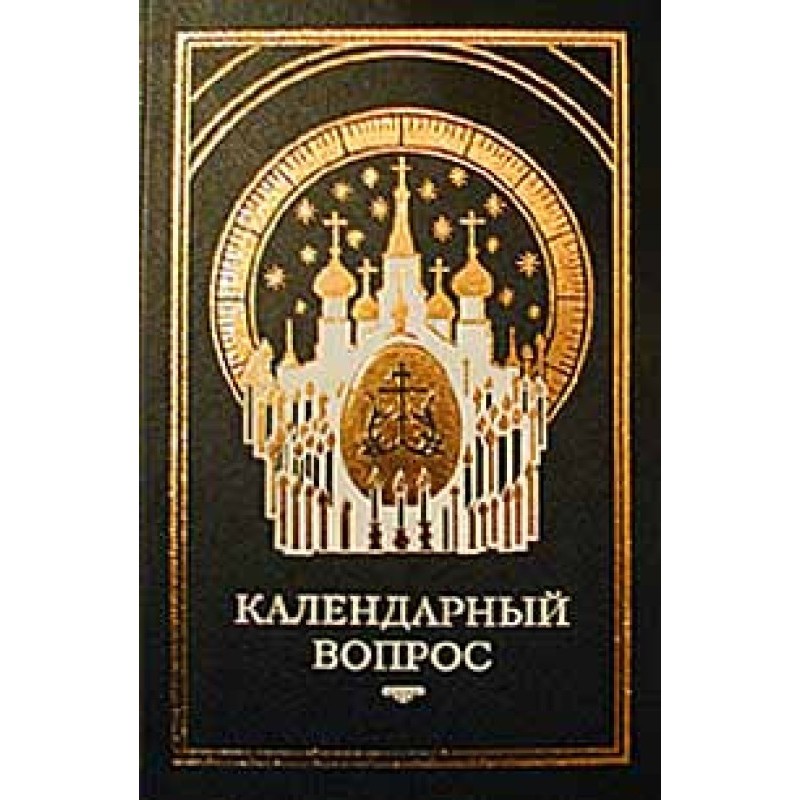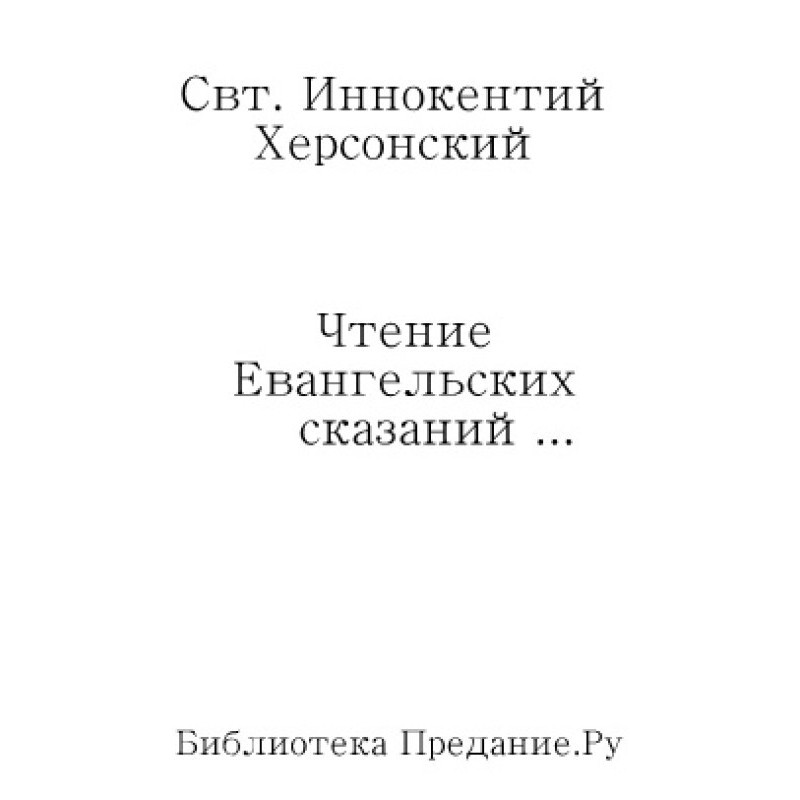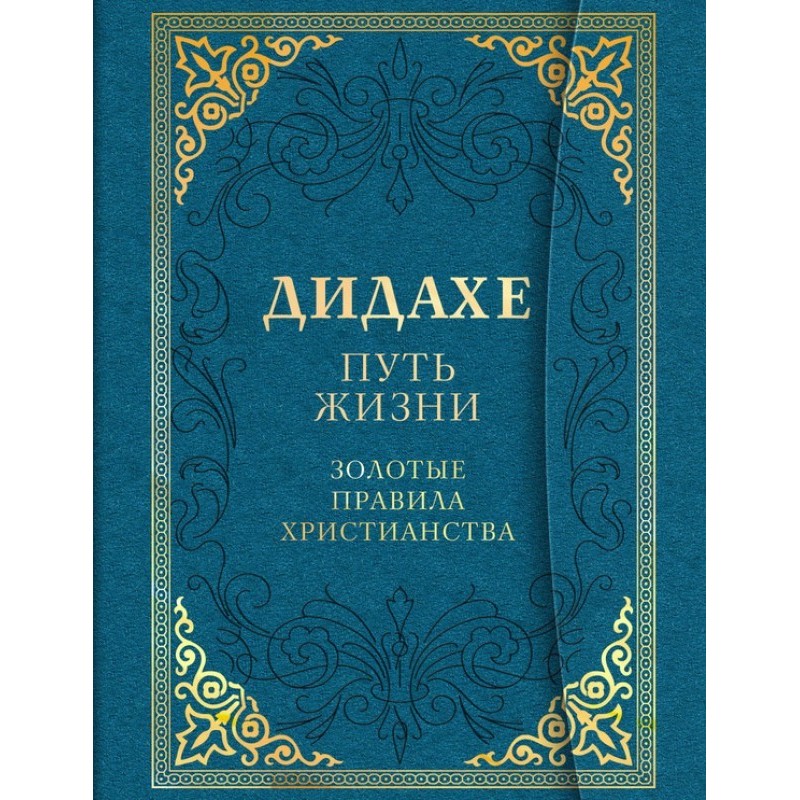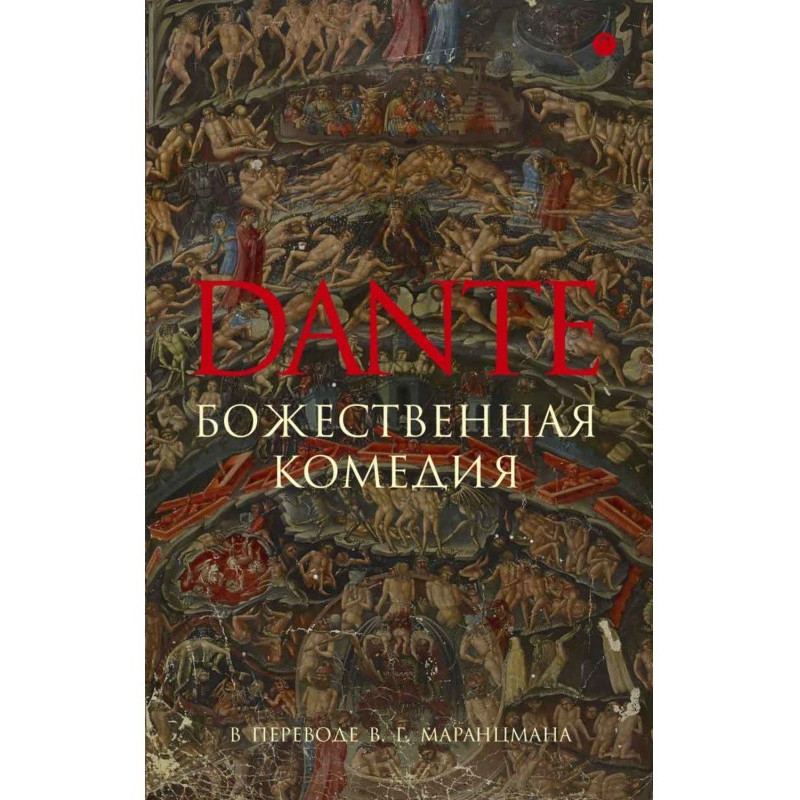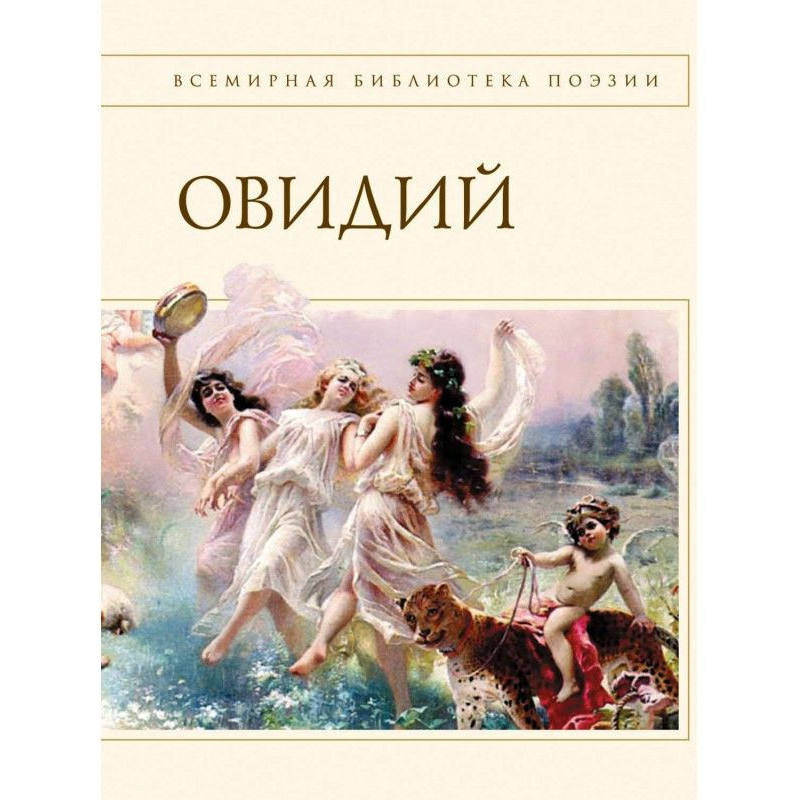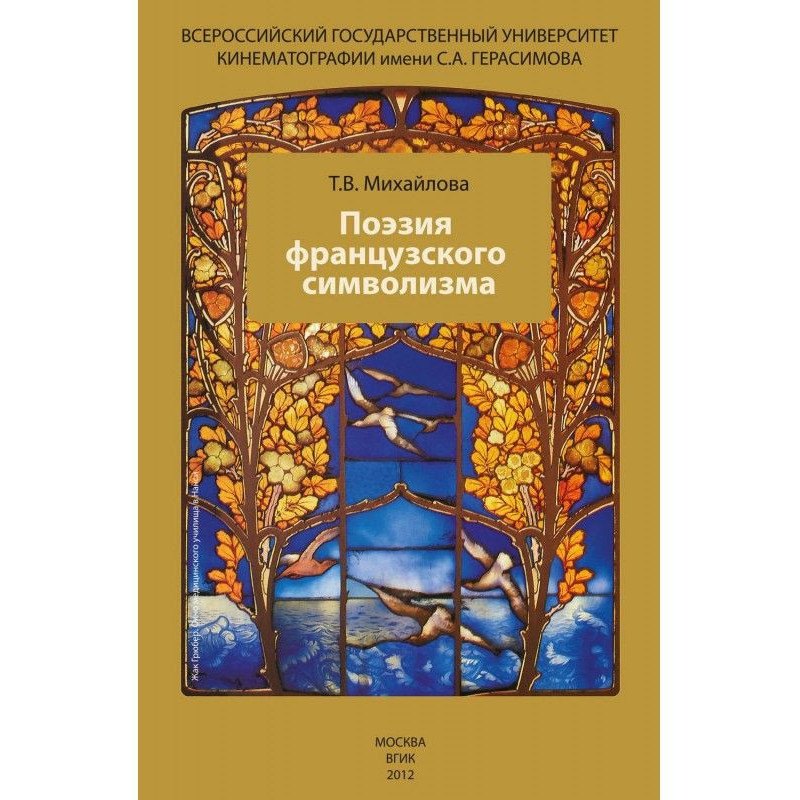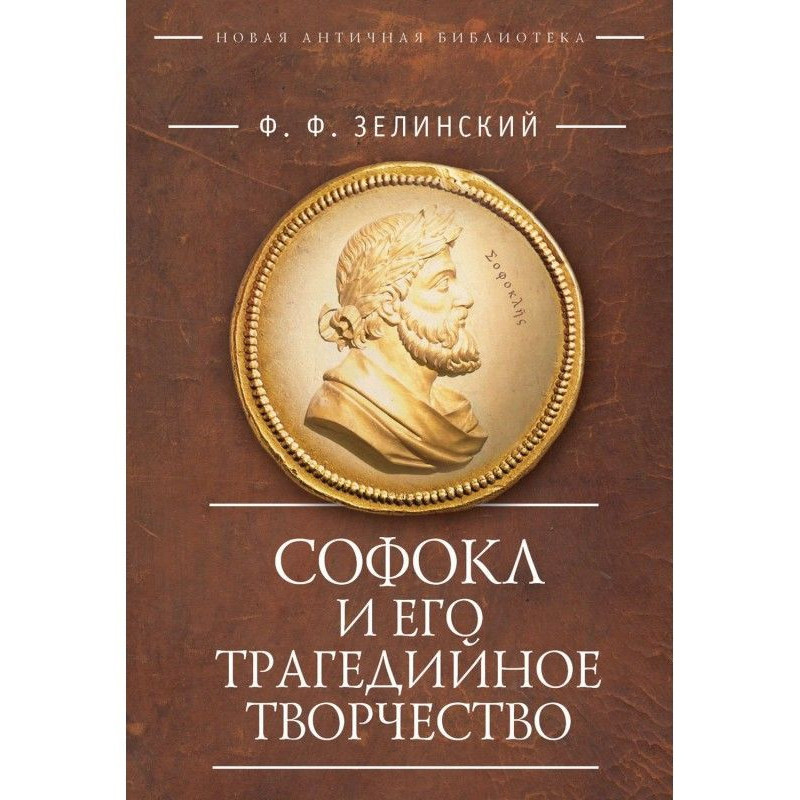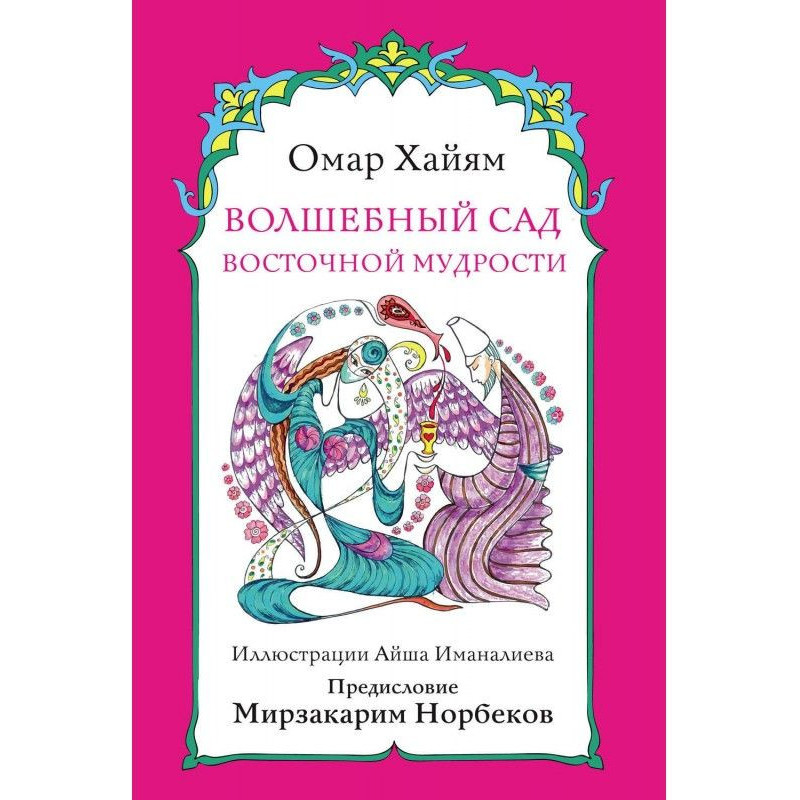Psalms-Psalms in translations (arrangements) in verses
 Instant download
Instant download
after payment (24/7)
 Wide range of formats
Wide range of formats
(for all gadgets)
 Full book
Full book
(including for Apple and Android)
The Psalter (praise, praise, song of praise, in Hebrew - a book of praise) is one of the books of the Old Testament, classified as teaching. It is called so because most of the psalms contained in it contain praise and thanksgiving to God. It got its name from the Greek word ψάλλω - οξώ, just as psalms in the Jewish Church were sung and played on musical instruments. The book of Psalms consists of 150 psalms and one more CLI, which is not found in Heb. language and which is translated from Greek. In addition to the Davidic psalms contained in the Psalter, of which there are no less than 78, there is one more (LXXXIX) belonging to Moses, eleven psalms (41-48, 83, 84, 86) of the Levites, the sons of Korah, twelve (49, 72 —82) Asaph the prophet, also from the tribe of Levi, one (LXXXVII) Heman and one (LХХХVIII) Etham, contemporaries of David. All of the above psalms, according to the interpreters of St. The Scriptures were collected into one book by the high priest Ezra. The following should be especially noted about the Psalter: it, along with the teaching of piety, also contains many prophecies about Christ the Savior, as for example in Ps. XXI David depicted the Savior's suffering on the cross with such precision, as if this psalm had been written at the cross itself. This holy book is an excellent guide to prayer and to the glorification of God, and therefore is constantly used in church services. Apostle Paul exhorted believers to practice psalmody (Eph. V:19, Col. III:16). And indeed, believers in the first times were constantly engaged in singing psalms, and thereby inspired themselves in deeds of piety; rejoiced with psalms difficult days of persecution and aroused themselves to courageously endure suffering; the psalms served them as pleasant relaxation during various labors and activities, and as edifying entertainment during rest. “The farmer, writes Blessed Jerome to Marcella (letter 44), walking behind the plow, sings hallelujah; the sweat-covered reaper amuses himself with psalms, and the vinedresser, cutting off grape branches with a crooked knife, sings something from David.” Thus, in ancient times, for everyone and at every time of life and in all circumstances, the Psalter served as a most pleasant and useful activity. By its very content, it never loses its meaning for any right-thinking person. “I think,” writes St. Athanasius Vel., that in the words of this book all human life, all states of the soul, all movements of thought are measured and embraced, so that a person cannot find anything more. Is it necessary to perform repentance and confession? Are you overwhelmed by sorrow and temptation? Are they persecuting you or plotting against you? Has despondency taken possession of you? Or, seeing yourself happy and your enemy humiliated, do you want to bring gratitude and praise to the Lord? Everyone can find guidance in the Divine Psalms. Let them read their words about each of these states, and everyone will lift them up to the Lord, as if they were written about him" (letter to Mark about Psalms). "What a pleasant companion for people at all points of their lives, the prophet David writes St. Gregory of Nyssa How well he adapts to every spiritual age and shares all kinds of activities! for warriors with weapons, for ascetics with instruction, for those learning to fight with palestra, for victors with a crown, at feasts with joy, at funerals with consolation. There is not a moment in our life that would be devoid of all kinds of his pleasant benefits. Is there any prayer that David does not affirm? Is there any festival that this prophet would not make bright”? (Word on the village of Ascension). Due to its great significance, the Psalter has enjoyed special respect in our Orthodox Fatherland since ancient times, and not only during Divine services, but also in everyday life.
Biblical Encyclopedia., 1891.
Data sheet
- Name of the Author
- Автор Неизвестен Религия --
- Language
- Ukrainian
- Release date
- 2007
- Translator
- Александр Митрофанович Федоров
Александр Петрович Сумароков
Арсений Аркадьевич Голенищев-Кутузов
Арье Ротман
Берл Моисеевич Хаскелевич
Валерий Яковлевич Брюсов
Василий Васильевич Капнист
Василий Кириллович Тредиаковский
Вера Яковлевна Горт
Владимир Григорьевич Бенедиктов
Герман Борисович Плисецкий
Давид Йосифон
Константин Дмитриевич Бальмонт
Михаил Васильевич Ломоносов
Наум Исаакович Басовский
Наум Исаевич Гребнев
Николай Михайлович Языков
Павел Александрович Юнгеров
Сергей Сергеевич Аверинцев
Шимон Перецович Маркиш
Reviews
Незамінний духовний супутник
Книга "Псалми-Псалтир у перекладах" є справжнім скарбом для всіх, хто шукає глибокий духовний зміст у своєму житті. Ця збірка псалмів, що містить хвалебні пісні та молитви, здатна надихнути на роздуми та допомогти знайти спокій у важкі часи. Переклади віршами роблять текст ще більш мелодійним і приємним для читання, що дозволяє глибше відчути емоції, закладені в кожному псалмі. Автори перекладу намагалися зберегти оригінальний зміст, і це їм вдалося. Я вважаю, що ця книга повинна бути в кожному домі, адже вона може стати не лише джерелом натхнення, а й потужним інструментом для молитви та медитації. Псалтир допомагає знайти слова для вираження своїх почуттів, будь то радість, подяка чи смуток. Рекомендую всім, хто прагне духовного збагачення та глибшого розуміння свого місця у світі!

